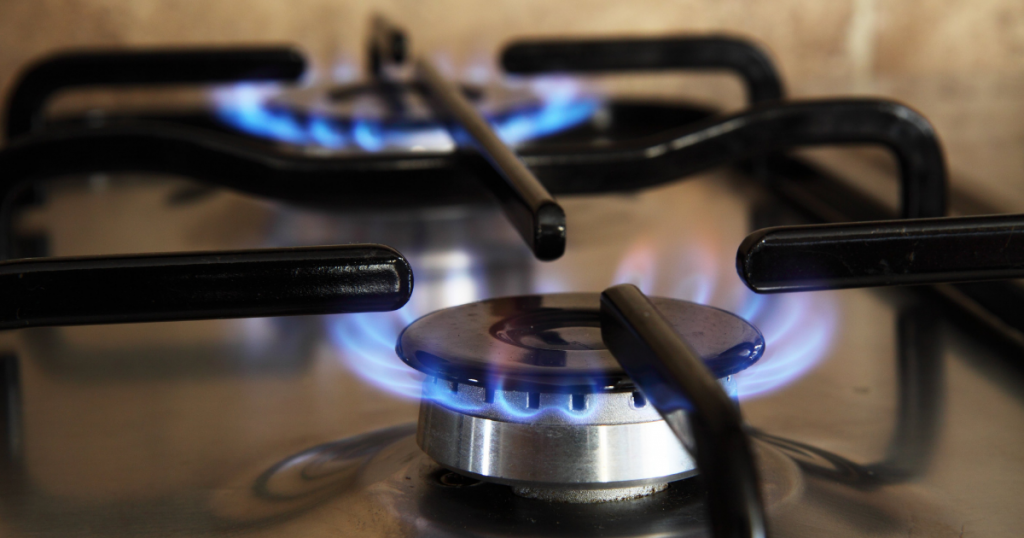
Everyone within the gas industry, whether it be training providers, regulatory bodies or those working in the field, hold a huge responsibility to ensure health and safety is central to every single decision that is made on a daily basis.
Although investigations into whether any work-related activities contributed to the recent ‘accidental gas leak’ explosion in Birmingham are still ongoing, the incident serves as another stark reminder of the fatal consequences unsafe gas work can have.
High-quality training
From the moment anyone begins their training towards a career in gas, health and safety must be at the forefront of all teaching and assessments.
It’s vital when searching for a gas training provider that you ensure the course is approved by and meets IGEM industry regulations.
The importance of the Gas Safe Register
The Gas Safe Register is the only official gas registration body in the UK. By law, all gas engineers and businesses must be on the Gas Safe Register before carrying out work.
As well as providing a full list of trusted engineers and businesses, the register performs investigations into reports of anyone carrying out illegal gas work.
What qualifications are needed before carrying out gas work?
The specific modules a trainee gas engineer needs to undertake will vary depending on the environments they plan to work in, though completing the CCN1 module is generally the first step towards becoming qualified.
The CCN1 training and assessment module provides an engineer with a general core knowledge of domestic gas and forms a part of the Accredited Certification Scheme (ACS)—which we’ll go into more detail about below—though alone does not qualify an engineer to work on appliances.
This is where appliance-specific modules complement this core training and allow trainees to move to the next stage of assessment. These additional modules include:
- CENWAT1: Installation and service of central heating boilers and water heaters
- CKR1: Installation and service of cookers
- HTR1: Installation and service of gas fires
- DAH1: Installation and service of warm air units
- MET1: Installation of gas metres
Once this training is completed there are two accreditations gas engineers must hold before they can begin working in the field. The first is an ACS—a mandatory assessment to be completed at the end of the training period, and every five years thereafter, to prove an engineer can safely work on specific gas appliances.
The other is becoming a member of the Gas Safe Register. To become Gas Safe registered, the engineer needs to have obtained the relevant qualifications and be able to present evidence of competence.